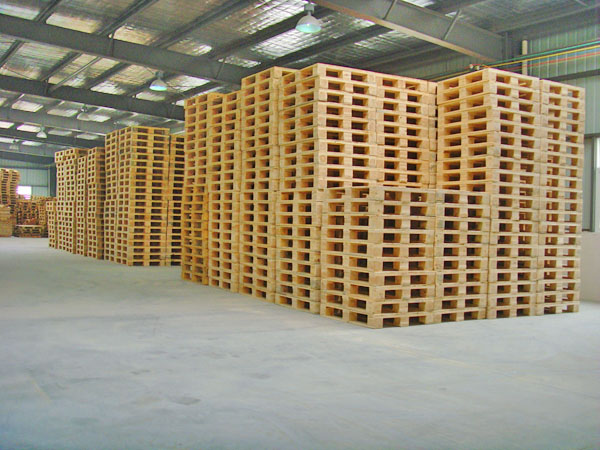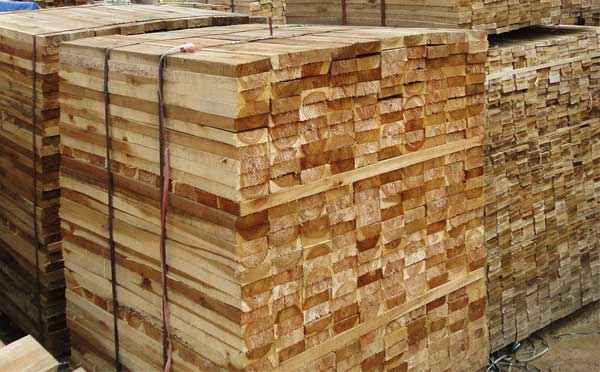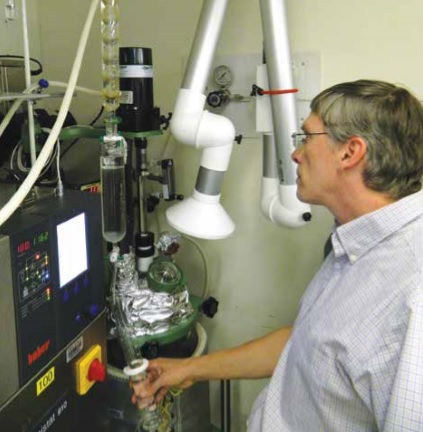What should Vietnamese businesses do to avoid the risk of being repatriated when exporting to the US?
In the past few years, many seafood and seafood exporters exported to the US have encountered crashes and returned goods. In the first six months of this year, there were 45% of shipments to the US. Returned due to lack of process documentation of the product, not to mention product quality.
One of the main reasons for this situation is that the exporters do not know the information as well as the regulations of the importing country, although the regulation was issued long ago. In addition, countries importing goods from Vietnam, especially the North American market, are increasingly tightening pest control on goods and packaging materials, containers, pallets, pallets. , WPM – Wood Packaging Material.

Businesses need to know about the US FSMA, and hire a good, well-informed consultant on product testing from the US Food and Drug Administration (US Food and Drug Administration). FDA) when exporting goods to this country to reduce the risk, avoid the risk of fines, money is returned, even prohibited export.
Mr.Nguyen Huy, authorized to test products of the US Food and Drug Administration FDA said that Vietnamese enterprises to be accepted for import into the US must meet two requirements that must have proof Get PCIQ direct precautionary controls from the FDA and have a food safety plan with mandatory requirements including hazard analysis, preventive control, corrective action monitoring procedures and verifications.
According to Mr.Nestor Scherbey-General Manager, CTRMS Vietnam, Senior Advisor, Global Trade Facilitation Alliance is not unique to Vietnam but to all businesses in the world if they want to import goods into the US. You must comply with all FDA and US USDA regulations. Every two years, that is, in even years, businesses are shipping food and beverages for humans and animals to the US market to re-register their US manufacturing facilities and representatives with the US Department of Revenue. US Food and Drug Administration (FDA) to be issued a new valid business code.
“If your company has an FDA Registration Certificate that your agent gives you, it does not mean that you are” licensed “to export food into the US but it is just a Registration Number and you allow it. The FDA inspectors check your facility. Failure to comply with GMP or Good Agricultural Practices (GMP) standards will not be allowed in the United States, “added Nestor Scherbey. .

DN also needs to note that for WPM, the wood used to close the pallet or the liner must be peeled clean, with no trace of perforation and should be dried to the appropriate water.
- No WPM encapsulation with vapor barrier materials.
- WPMs must be fully stamped. The full sterilization of WPM in the container does not substitute ISPM 15 for individual seals.
- WPMs should be pre-sterilized at the warehouse during storage before being used for packing.
- Disinfect the container with Methyl Bromide 80g / m3 high dose, make sure the container has good airtightness, the duration of anesthesia for at least 24h as prescribed.
In addition, companies also need to control potential wood or pests by ensuring good hygiene of goods, containers and environmental conditions before and during packing. Strict control of the risk of infection, intrusion from the outside, restriction of packing at night. Especially periodic cleaning facilities, spray contact chemicals to kill insects.




